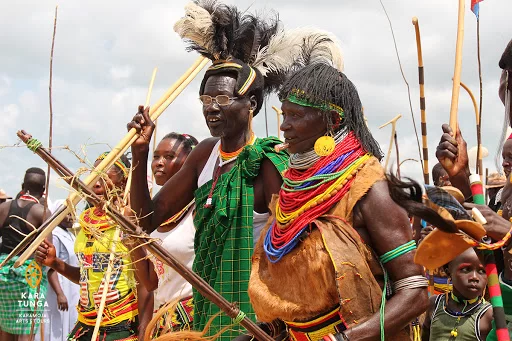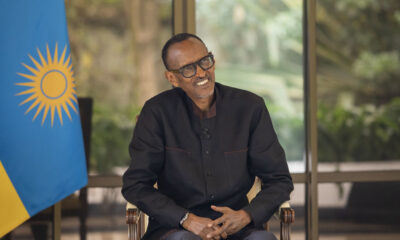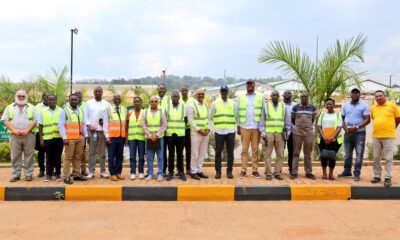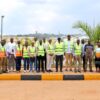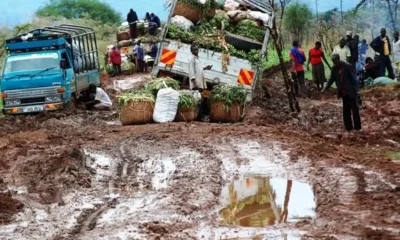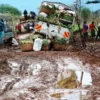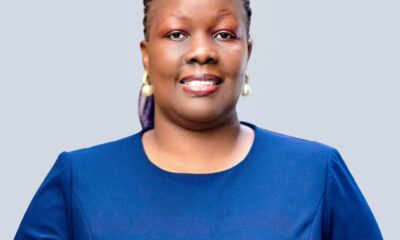Opinions
Dr. Ayub Mukisa: To Develop Karamoja: Critical Thinking And Alternative Analysis Is Necessary
The question that readers might ask while reading this article is: Why is critical thinking and alternative analysis important for Karamoja at this time? To provide clarity, let me begin with Muhereza. Muhereza (2019) expressed concern about Karamoja, stating that interventions have been implemented in the Karamoja subregion since the 1920s, but the results have been limited.
The lack of significant results from development interventions in Karamoja discussed in this article is attributed to the absence of critical thinking and alternative analysis. Sternberg defined critical thinking as the mental processes, strategies, and representations that people use to solve problems, make decisions and learn new concepts (Lipman, 1987).
Center for Critical Thinking and Alternative Analysis (CCTAA) argues that thinking critically involves analysing information, interpreting meaning, drawing inferences, solving problems, evaluating information, making decisions, and thinking creatively (CCTAA, 2025).
Now, the question I pose, to all stakeholders in Karamoja is this: if critical thinking and alternative analysis had been integrated into interventions in Karamoja, would the region be in its current state? An example of critical thinking is when “a plumber who arrives at a house to fix a leaky sink may review the items in their tool bag and think critically to determine which ones can best help them repair the sink” (CCTAA, 2025).
Building on this example, I also agree that critical thinking and alternative analysis are crucial for the government and development partners in Karamoja. Why? Karamoja, with an approximate population of 1,496,117 (UBOS, 2025), abundant livestock, wildlife, PDM, Emyooga, NGO money, and minerals, still struggles with all types of social problems. Additionally, the region is lagging behind in important human development indicators without a clear scientific explanation.
Research worldwide indicates that the application of critical thinking can enhance health, relationships, finances, consumption, education, work, and more (Butler, 2024). These are what Karamoja needs to progress. Alternative Analysis involves the deliberate use of independent critical thought and alternative perspectives to enhance decision-making (Oweyegha-Afunaduula, 2025).
It involves using various techniques to identify, evaluate, and compare different options to solve a problem or achieve a specific goal (CCTAA, 2024). If these skills are applied effectively, the Karamoja subregion will take off and develop. Without critical thinking and alternative analysis, the situation in Karamoja will continue to reflect what Levine, as cited by Mukisa (2025), described as having ‘a few people with steps forward and several with steps backwards.
The author, Ayub Mukisa (PhD), is the Executive Director of the Karamoja Anti-Corruption Coalition (KACC)
Email: ayubmukisa@gmail.com
Comments



